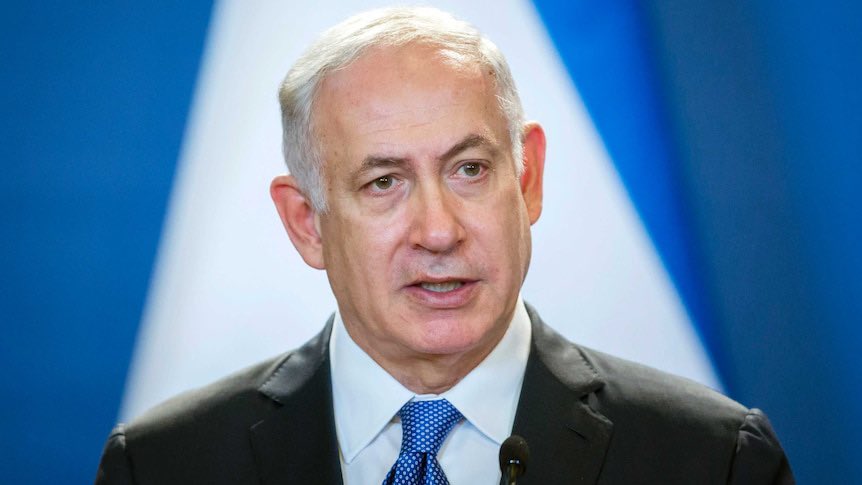Israel has firmly rejected international criticism regarding its plan to take over Gaza City, underscoring its intention to ensure national security and eliminate Hamas control within the enclave. Israeli Prime Minister Benjamin Netanyahu and key officials have defended the decision as a necessary escalation amid ongoing conflict, despite widespread global concern over humanitarian consequences and the potential for increased casualties.
The Israeli government’s position is rooted in a security rationale. Netanyahu has communicated that the military campaign and planned reoccupation of Gaza City aim to neutralize Hamas, which Israel regards as a terrorist organization controlling the Gaza Strip. According to statements to international media, Netanyahu emphasized that Israel intends to “liberate ourselves and free the people of Gaza,” framing the takeover as essential to protect Israeli citizens and weaken Hamas’s grip on the region.
This strategy follows the collapse of indirect ceasefire negotiations and hostage release talks involving Hamas and Israel. Heightened military actions come amid concerns for approximately 20 Israeli captives held by Hamas in Gaza, as well as mounting pressure on Israel to act decisively against militant activities. Israeli military officials reportedly have mixed opinions on the reoccupation plan, and some of Israel’s traditional allies have expressed disapproval, urging restraint and diplomacy to avoid further escalation.
International reaction to Israel’s Gaza City takeover plan has been overwhelmingly critical. Major world leaders and organizations, including the United Nations, have warned that the move constitutes a dangerous escalation with catastrophic humanitarian implications. UN Secretary-General António Guterres described the plan as risking “deepening the already catastrophic consequences for millions of Palestinians,” including greater displacement, death, and destruction across the Gaza Strip. The UN has called on Israel to adhere to international law, highlighting that sustainable peace requires ending occupation and working toward a two-state solution that includes Gaza as an integral Palestinian territory.
Human rights organizations and global political figures have echoed these concerns. Emergency sessions of the UN Security Council have been convened to address the crisis, reflecting alarm over the worsening humanitarian situation. Civilians in Gaza face severe shortages of food, water, medical supplies, and shelter, compounded by continuing violence and a recent severe heatwave. Aid agencies have underscored the urgent need for safe humanitarian corridors to deliver essential assistance, which remains insufficient and hindered by ongoing conflict.
Within Gaza, many residents resist Israeli evacuation orders, with some expressing willingness to stay despite the risks. Palestinians interviewed by reporters have called the Israeli demand a “final warning” directed at Hamas but remain steadfast in their resolve to remain in their homes. The potential for thousands of casualties and widespread devastation in densely populated Gaza City has heightened fears among civilians and analysts alike.
Despite the backlash, Israel’s leadership insists that the military operation is crucial to security and stability. They argue that eliminating Hamas’s control will ultimately benefit both Israelis and Palestinians by ending a cycle of violence. The Israeli government continues to rally its security cabinet behind the plan, despite divisions within its own military and pressure from allies concerned about the long-term consequences.
In concluion, Israel’s rejection of international criticism over the Gaza City takeover plan highlights a complex and deeply contentious conflict dynamic. The Israeli government presents the operation as a necessary measure against Hamas terrorism, while the international community warns of a dangerous escalation with severe humanitarian costs. The coming weeks will prove critical as global diplomatic efforts attempt to mediate the situation, prevent further violence, and address the dire needs of Gaza’s civilians caught in the crossfire.

